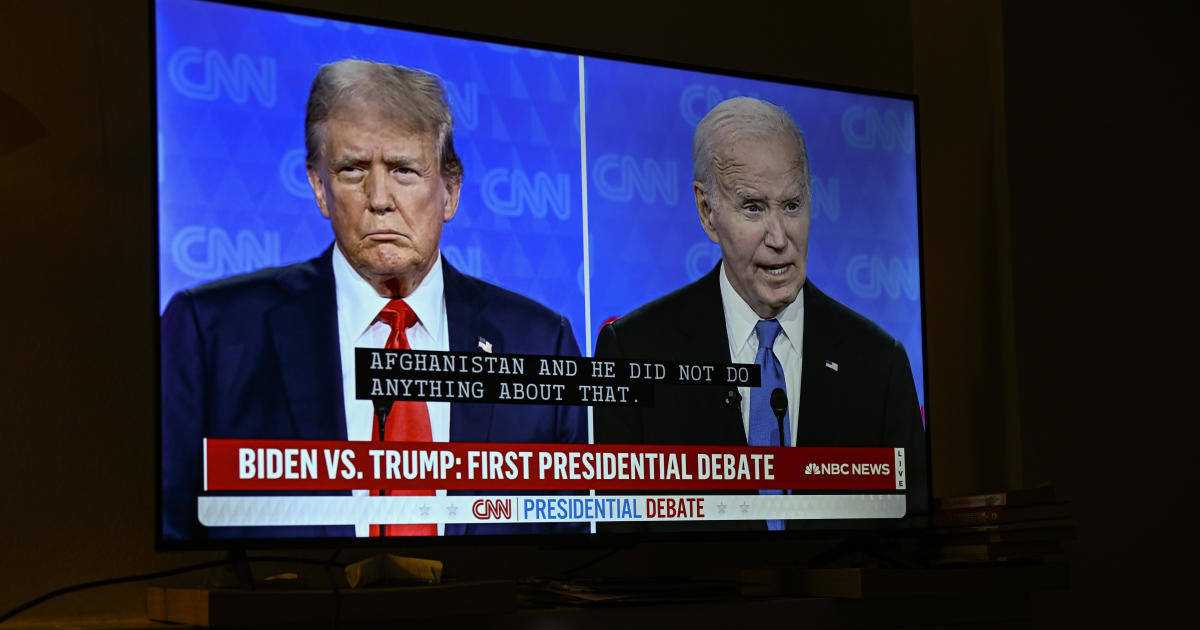In the lead-up to the first presidential debate of 2024, voters across the nation had been expressing concerns about President Biden’s cognitive health and ability to serve. These doubts only intensified after the debate, with nearly three-quarters of the electorate and a significant number of Democrats questioning whether Biden should continue his bid for the presidency. The debate, which featured former President Trump as his opponent, seemed to exacerbate these doubts among voters, leading to a growing sentiment that Biden may not be fit to run for president at all.
The concerns about Biden’s cognitive health were not limited to a particular political party, as there was a double-digit shift in opinion among Democrats and independents as well. The increasing skepticism about Biden’s candidacy reflected a broader trend of voters questioning his ability to lead the country effectively. A significant portion of the electorate believed that Biden’s performance in the debate did not instill confidence in his leadership abilities, further fueling doubts about his candidacy.
On the other hand, while Trump also faced doubts about his cognitive health, there was a more favorable view among Republicans regarding his candidacy. Despite concerns about his truthfulness, many voters perceived Trump as presenting his ideas more clearly, appearing more presidential, and winning the debate against Biden. This contrasted with the perception of Biden, who struggled to inspire confidence and articulate his policies effectively during the debate.
The post-debate analysis revealed that while some voters believed neither candidate performed well, there was a general consensus that Trump outperformed Biden in terms of clarity and confidence. This discrepancy in performance highlighted the challenges facing Biden’s campaign, as he struggled to convince voters that a second term would lead to financial prosperity or better protection of democracy compared to Trump.
Following the lackluster debate performance, there were reports of Democratic officials suggesting that Biden should step aside as the nominee and allow another Democrat to run for president in 2024. This idea resonated with a significant portion of rank-and-file Democrats, who were increasingly questioning Biden’s viability as a candidate. The growing calls for Biden to reconsider his candidacy underscored the deepening concerns within the Democratic Party about his ability to lead effectively and win the upcoming election.
Overall, the aftermath of the first presidential debate of 2024 revealed a shifting landscape of voter perceptions, with doubts about Biden’s cognitive health and candidacy reaching new heights. As the election season unfolded, the spotlight remained on Biden’s ability to address these concerns and regain the trust of voters who were increasingly skeptical of his leadership capabilities. The road ahead for Biden’s campaign was fraught with challenges, as he grappled with the fallout from the debate and the growing calls for a change in leadership within the Democratic Party.









